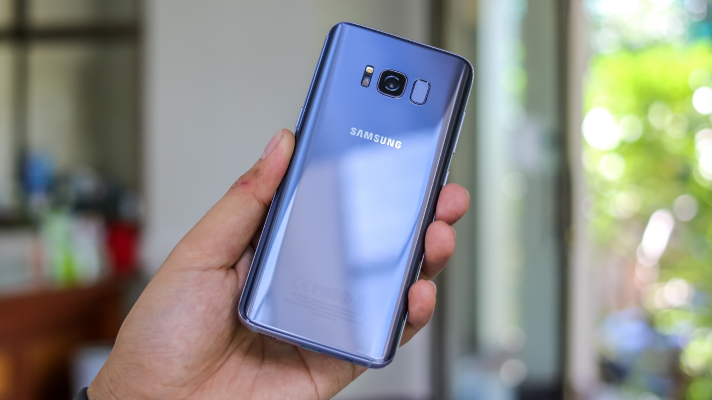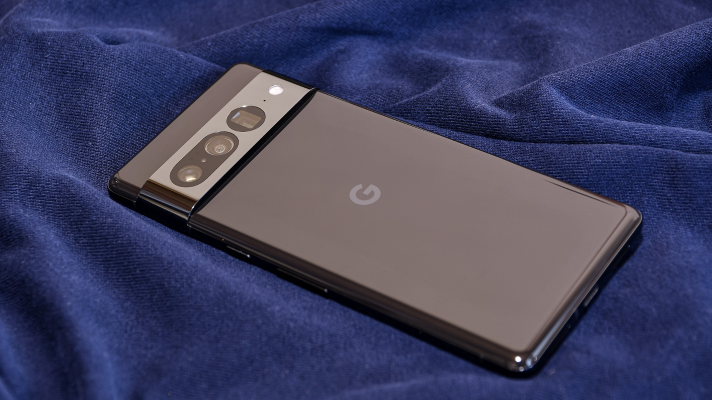High-end Android smartphones are part of Samsung Electronics’ Galaxy S line of devices. The line was first released in March 2010, and since then, it has undergone yearly updates. Samsung’s flagship smartphone line, the Galaxy S series, has been extremely popular, with many models selling more than 50 million units.
The Samsung Galaxy S20, Galaxy S21, Galaxy S10, and Galaxy S9 are a few popular models in the Galaxy S series. These models have sharp displays, potent processors, and cutting-edge cameras. They also have a wide range of features, including wireless charging, dust and water resistance, and expandable storage.
The Samsung Galaxy S series is a popular option for customers looking for a high-end smartphone because of its reputation for having high-quality hardware, user-friendly software, and a variety of features.

Is Samsung Galaxy S a Good Phone?
Generally speaking, the Samsung Galaxy S series is regarded as a premium smartphone line that provides a wealth of features and effective performance. Both consumers and experts have given the series’ models generally favorable reviews and high ratings.
The Samsung Galaxy S has a number of particular features that make it a good phone, such as:
- High-resolution screens: Many of the series’ models have high-resolution screens with vivid colors and good viewing angles, making them excellent for streaming videos and playing games.
- Strong processors: The Galaxy S series is renowned for having quick and potent processors that deliver fluid and effective performance.
- High-megapixel camera systems with advanced features like optical zoom, low-light capability, and depth sensing are found in many models in the series.
- Numerous features: The Galaxy S series has many features that can be useful to different users, including wireless charging, dust and water resistance, and expandable storage.
In general, those looking for a high-end smartphone with a variety of features and good performance should consider the Samsung Galaxy S series. It’s important to keep in mind, though, that each model’s precise characteristics and functionality can differ, so it’s a good idea to investigate and contrast various models before making a choice.
Samsung Galaxy S Specification
The Samsung Galaxy S series’ specifications change depending on the particular model. The details for a few well-liked models in the series are as follows:
- Samsung Galaxy S21:
- Display: 6.2 inches (Full HD+)
- Processor: Qualcomm Snapdragon 888
- RAM: 8 GB
- Storage: 128 GB (expandable up to 1 TB with a microSD card)
- Rear camera: Triple camera with 64 MP primary camera, 12 MP ultra-wide camera, and 64 MP telephoto camera
- Front camera: 10 MP
- Battery: 4,000 mAh
- Operating system: Android 11
- Samsung Galaxy S20:
- Display: 6.2 inches (Quad HD+)
- Processor: Qualcomm Snapdragon 865
- RAM: 8 GB
- Storage: 128 GB (expandable up to 1 TB with a microSD card)
- Rear camera: Triple camera with 64 MP main camera, 12 MP ultra-wide camera, and 64 MP telephoto camera
- Front camera: 10 MP
- Battery: 4,000 mAh
- Operating system: Android 10
- Samsung Galaxy S10:
- Display: 6.1 inches (Quad HD+)
- Processor: Qualcomm Snapdragon 855
- RAM: 8 GB
- Storage: 128 GB (expandable up to 512 GB with a microSD card)
- Rear camera: Triple camera with 12 MP main camera, 16 MP ultra-wide camera, and 12 MP telephoto camera
- Front camera: 10 MP
- Battery: 3,400 mAh
- Operating system: Android 9
- Samsung Galaxy S9:
- Display: 5.8 inches (Quad HD+)
- Processor: Qualcomm Snapdragon 845
- RAM: 4 GB
- Storage: 64 GB (expandable up to 512 GB with a microSD card)
- Rear camera: 12 MP
- Front camera: 8 MP
- Battery: 3,000 mAh
- Operating system: Android 8
It’s important to note that these are only a few of the Samsung Galaxy S series features, and that details may change depending on the model and location. Before choosing a model, it’s a good idea to do some research and contrast the specific features and specifications of various models.
The Pros and Cons of Samsung Galaxy S Phones
Pros:
- High-end components: The Samsung Galaxy S series is renowned for its high-end components, which include sharp displays, potent processors, and cutting-edge cameras.
- Numerous models in the series have a wide range of features that can be useful to different users, including wireless charging, dust and water resistance, and expandable storage.
- Software that is easy to use: The Galaxy S series is powered by Android, an operating system that is simple to use and has many features and customization options.
- Performance: The Galaxy S series is renowned for its quick and effective performance, making it a good option for those looking for a smartphone that can handle demanding tasks.
- Cons:
- Cost: The Samsung Galaxy S series is a premium smartphone line, so its price may be higher than that of some alternative smartphone options.
- Limited storage: Some of the series’ models have storage that may need to be increased for users who need to store a lot of files and applications.
- Fragile: Some users have claimed that the Galaxy S series is vulnerable to breaking or cracking when dropped, which can worry those prone to accidents.
- Battery life: For users who depend on their phone to last all day, the Galaxy S series’ battery life may be shorter than that of some alternative smartphone models.
In general, those seeking a high-end smartphone with a variety of features and solid performance should consider the Samsung Galaxy S series. However, weighing the advantages and disadvantages is important as deciding whether the Galaxy S series’ particular features and price fit your requirements.


